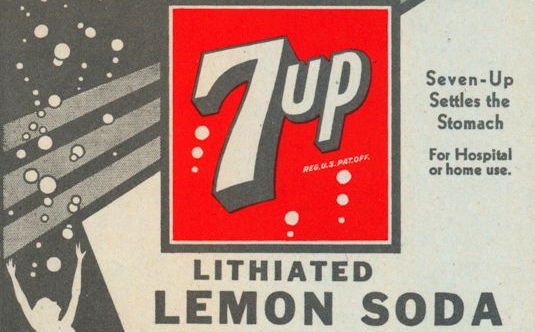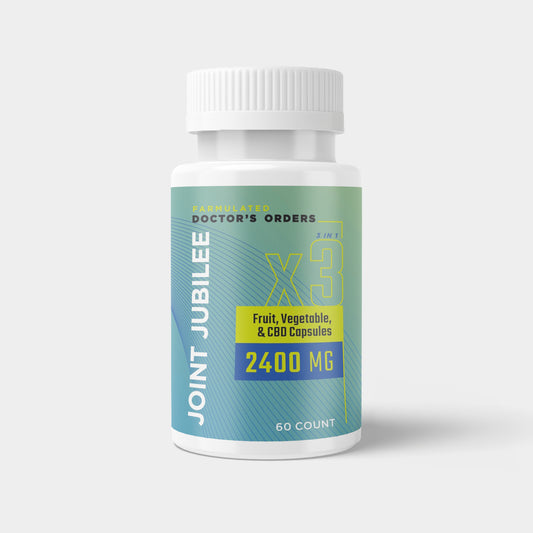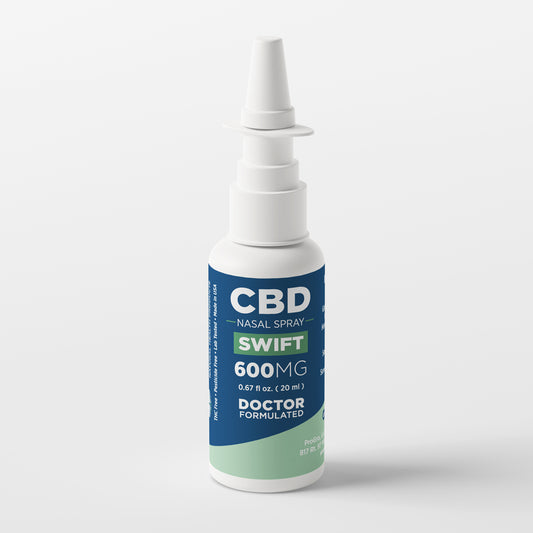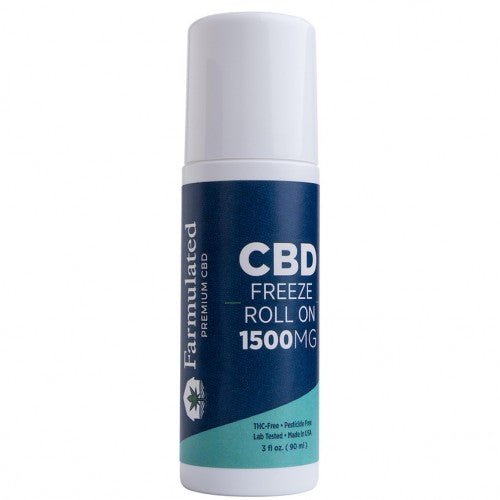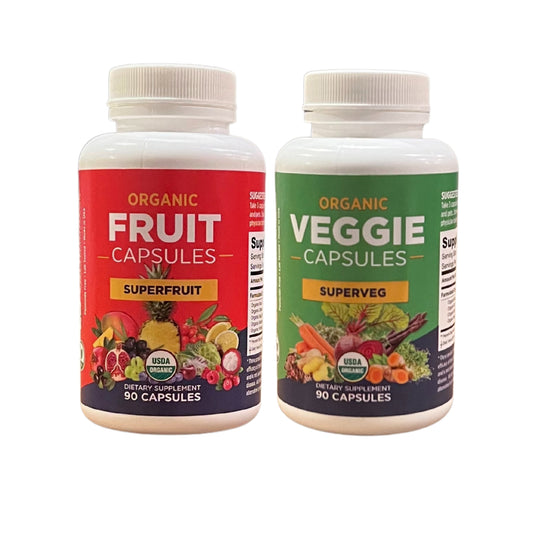What’s in a name? For health-conscious Americans, that’s a loaded question. In a recent conversation with the newest addition to our team, Contributing Pharmacist and Natural Wellness Expert Gina Ruffa, we discussed how natural substances such as CBD were once feared by those who couldn’t identify what “C-B-D” stood for (we get it, cannabidiol doesn’t always roll off the tongue). Luckily, a heavy-handed push from the natural wellness community backed by the rising Millennial powers-that-be launched some of these formerly foreign, au-naturel ingredients into mainstream medicine.
The hyper-aware ingredient curiosity began well before CBD’s reemergence in American culture. “Take 7-Up for instance. It used to have lithium in it,” Gina noted, “and even with things like lithium, a mineral, people are just now finding out it has benefits.” Indeed, lithium is now recognized as an approved treatment for bipolar disorder by the National Alliance on Mental Illness,1 but back in 1948, the FDA’s banning of “upper” lithium citrate in beer and soft drinks led to a negative public connotation. If it isn’t approved by a regulating body for consumption, it must be bad, right?
Not necessarily. Federal regulation of substances comes down to much more than the substance itself, but rather how much of it causes toxicity, which is what led to the FDA’s lithium ban. As Gina explained, “Everyone is individualized and metabolizes things differently.” With this point in mind, almost anything can be considered toxic at a high enough level, and substances with unrecognizable names tend to be especially daunting.
For CBD, it’s easy to see why the misguided connection to high-THC cannabis paired with the novelty of so many CBD-infused products entering the market may leave consumers questioning its safety. If you’re new to the cannabis world, you should know CBD products will not induce the “high” associated with marijuana because they must legally contain less than 0.3 percent THC, however, many would-be consumers are still unaware of this fact. What’s more, a 2019 survey showed 61 percent of respondents don’t know what CBD is to begin with,2 proving “what’s in a name” may be the overwhelming public perception of a product.
While we at Farmulated CBD always recommend you consult with a trusted physician before trying CBD, we also want you to breathe easier knowing the safety of almost anything you consume is a result of proper dosage, which we’ve carefully formulated our products to maintain. Unknown ingredients aren’t always the scary Franken-chemicals their strange names make them out to be, and some of the time, they’re nothing more than a hemp plant cultivated by family farmers.
You can learn more about Gina Ruffa, registered pharmacist and cancer, health & nutrition coach, at what-supp.org
Sources:
- (2019, June). Retrieved January 19, 2021, from https://www.nami.org/About-Mental-Illness/Treatments/Mental-Health-Medications/Types-of-Medication/Lithium
- Loreto, M. (2019, February 11). Despite CBD's Popularity, Americans Still Don't Understand Its Effects And Capabilities. Retrieved January 20, 2021, from https://thefreshtoast.com/cannabis/despite-cbds-popularity-americans-still-dont-understand-its-effects-and-capabilities/

